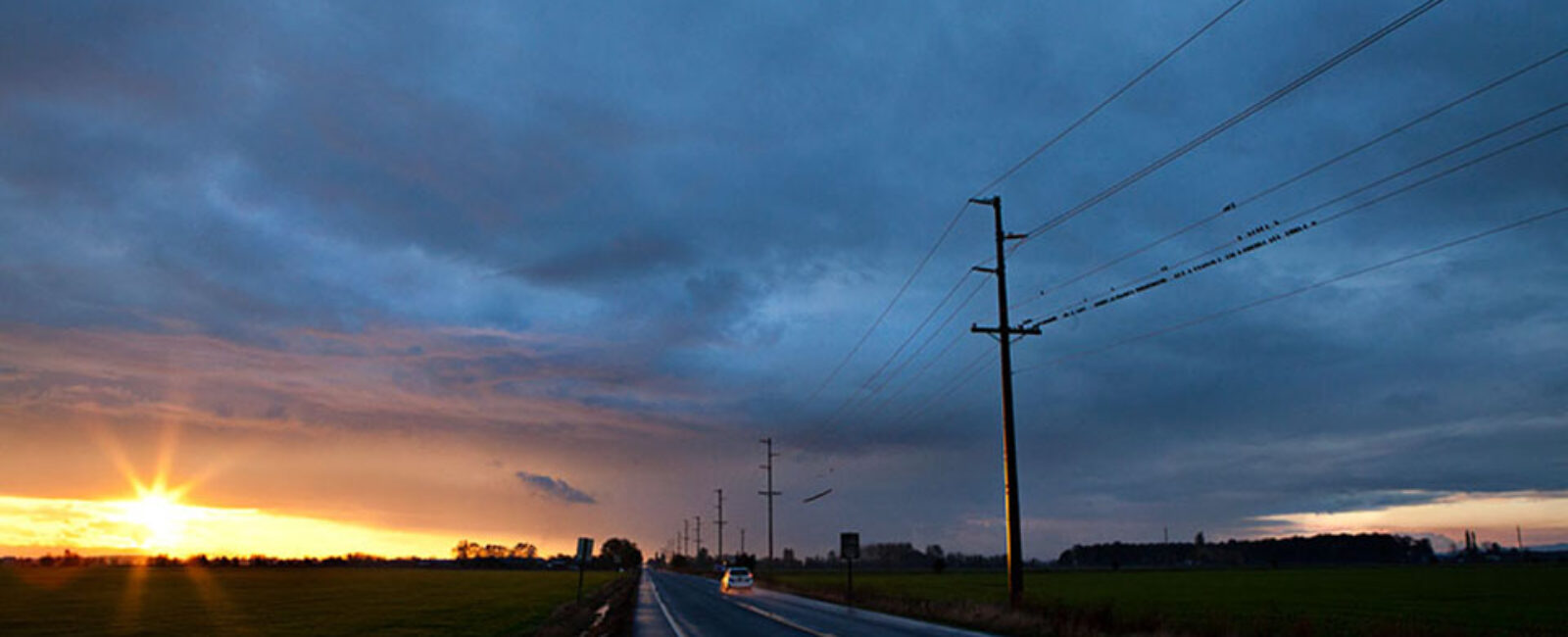
Can you imagine being beaten nearly to death…for not paying your subway fare? How about having your stomach kicked so hard that the wall muscles give in, putting you in danger of your intestines breaking through the skin? Before this video was made, these thoughts would have never crossed my mind.
But every once in awhile, a project comes along that moves you, that makes you think, feel and see the world in a different way. This was one of those projects for me. My friend, Jairo Gonzalez, executive producer and founder of Zulu Time Media (http://zulutimemedia.com), called me up last month and asked if I could come down to Los Angeles for a couple of days to help with lighting and camera on a documentary project he was working on. Eager to gain more experience, I said sure right away, before even knowing what the project would be about. Jairo said, “Victoria, I have to warn you, what you are going to see and hear will be pretty intense. You will need to be discreet and sensitive…” Little did I know just how intense.
Sitting through two days of interviews with a half a dozen or more victims of crimes perpetrated on them by the people that are supposed to serve and protect permanently changed the way I think about the legal system in America. How do you stay detached while a crying mother is sharing how her 20-year-old son was nearly beaten to death…and worse, how she was then prevented from seeing him in the hospital for days on end afterwards, not knowing whether or not he was alive or dead? How do you hold back your emotions while a man shares how he was first paraded nude in front of all of the other inmates and then later, how his head was slammed into a flushing toilet to prevent others from hearing the screams of his repeated rapes? How do you help reassure someone who is afraid to go out at night because of what happened to them? How do you comfort someone who is in fear for their lives for being brave enough to tell their violent stories on camera?
When you are working on a social documentary you don’t. At least you are not supposed to. You are simply to be quiet, set up the equipment, set the lights, do the filming, take it down, go home. This didn’t prevent me from offering a kind word to the victims afterwards or holding their hand or giving them a hug. Did I break a journalistic ethic? Maybe, but how could you not?
I was told by first-time director, Catherine Dent, that what I was working on would result in a three to four minute long documentary telling the story of the victims in order to create change in the Los Angeles County Jail system. The reality is, 98% of the interviews were cut out and the film edited to be solely propaganda for the ACLU. Now, I’m not necessarily saying that’s a bad thing. After all, the ACLU can probably help create change by shedding light on the issues. But why water the stories down to such a degree? And where is the story? Where is the heart and soul and the feeling for ALL of the victims? Where are the credits for the people that worked so hard on this project? If you are going to gather support for a cause, you need to thank the people that helped you Catherine!
Watching the final production to me does not do the victims justice. How do you edit hours and hours and hours of testimony by six or more people down into a four minute video and do right by them? Can you? Is it possible to create their story in less than a full-length feature? I’m not sure it is. I do know that if something like this had happened to me, I’d want my entire story to be told, not just a one-minute sound-byte out of 60+ minutes of my interview.
In the end, I guess hearing even a few words from a few of the victims helps. Just know that this story goes much deeper than what the final product portrays and that the people hurt, were hurt much worse than you can ever imagine.
